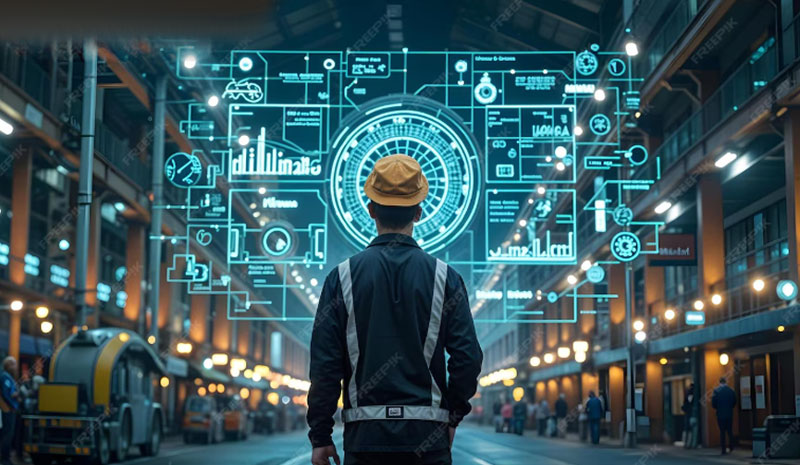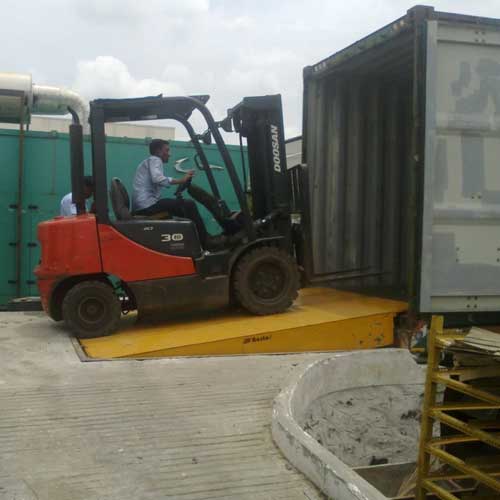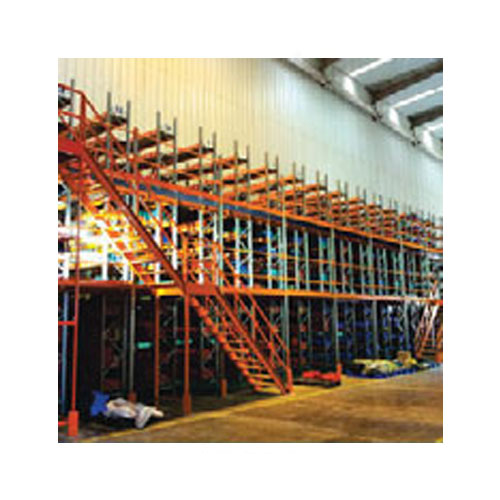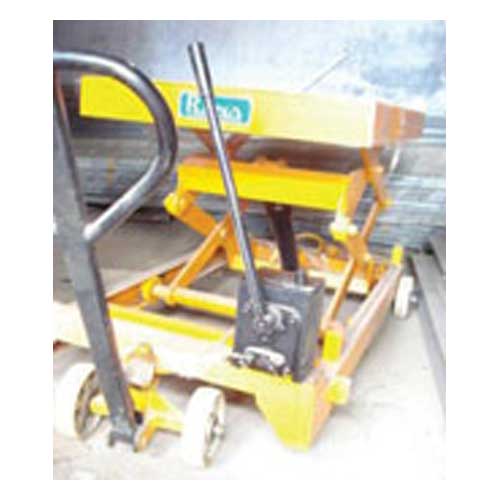Schedule a Call Back
The future promises fully autonomous warehouses: Manpreet Sachdev
 Articles
Articles- Jun 26,25

Related Stories

Indian manufacturing sector: Negotiating its way in a less VUCA world
India’s manufacturing sector is evolving through policy support, technology adoption and sectoral growth, though challenges in R&D and skilling remain, writes Prof R Jayaraman, Head, Capstone Proj..
Read more
Manufacturing Strength Behind India’s Self-reliance and Global Positioning
India’s manufacturing sector is evolving from domestic self-reliance to global leadership, navigating a VUCA environment through strategic policy, capability building and infrastructure-led execut..
Read more
India’s Manufacturing Reset in an Uncertain World
Global manufacturing is being reshaped by volatility and disruption. This release outlines how India is strengthening depth, resilience and capability to emerge as a long-term manufacturing partner,..
Read moreRelated Products

Dock Leveller
Besto Material Handling Equipments offers a wide range of dock leveller.

Multi Tire
SCI Storage Solution offers a wide range of multi tire.

Industrial Lifting Equipment
Rana Material Handling Equipments Pvt Ltd offers a wide
range of industrial lifting equipment.













